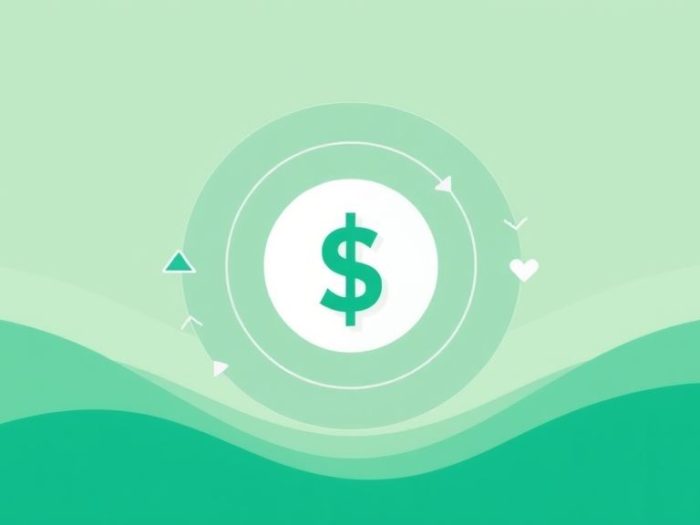Health Savings Accounts (HSAs) offer a unique combination of tax benefits that can make them a
powerful tool for saving and investing, not just for healthcare expenses. Their “triple tax
advantage” makes them particularly attractive for long-term financial planning. This article
explores the benefits and strategies for using HSAs effectively.
Understanding Health Savings Accounts (HSAs)
An HSA is a tax-advantaged savings account that can be used for qualifying medical expenses.
However, to be eligible to contribute to an HSA, you must be enrolled in a High-Deductible
Health Plan (HDHP).
The Triple Tax Advantage
HSAs offer a unique combination of tax benefits:
- Tax-Deductible Contributions: Contributions to an HSA are tax-deductible, reducing your taxable income.
- Tax-Free Growth: Your HSA funds grow tax-free.
- Tax-Free Withdrawals: Withdrawals for qualified medical expenses are tax-free.
Qualified Medical Expenses
The IRS defines a wide range of expenses as qualified medical expenses, including:
- Doctor visits
- Prescriptions
- Dental care
- Vision care
- Long-term care expenses
- And many more
Strategies to Maximize HSA Benefits
1. Maximize Contributions
Contribute the maximum amount allowed each year to take full advantage of the tax
deductions and tax-free growth.
2. Invest HSA Funds
Many HSAs offer investment options, allowing you to grow your savings for future healthcare
expenses. Invest your funds wisely to maximize long-term growth.
3. Pay for Current Expenses Out-of-Pocket (If Possible)
If you can afford it, pay for current healthcare expenses out-of-pocket and allow your HSA
funds to grow tax-free. This strategy maximizes the long-term benefit of the HSA.
4. Reimburse Yourself Later
You can reimburse yourself tax-free for qualified medical expenses incurred at any time after
your HSA was established. There is no time limit on when you must reimburse yourself.
Example
You contribute the maximum to your HSA each year and invest the funds. You pay for current
medical expenses out-of-pocket. In retirement, you have a substantial HSA balance and
reimburse yourself tax-free for past medical expenses, effectively creating a tax-free income
stream.
Important Considerations
- HDHP Eligibility: You must have a qualified High-Deductible Health Plan (HDHP) to contribute to an HSA.
- Contribution Limits: The IRS sets annual contribution limits.
- Investment Options: HSA investment options vary; choose a provider with suitable options.
- Record Keeping: Maintain detailed records of your healthcare expenses for potential future reimbursements.
- Non-Medical Withdrawals: Non-qualified withdrawals before age 65 are subject to income tax and a 20% penalty.
Conclusion
Health Savings Accounts offer a powerful combination of tax advantages that can benefit both
current and future financial planning. By understanding the rules and using HSAs strategically,
you can maximize their potential and achieve greater financial security.
Related Keywords
Health Savings Account, HSA, HSA tax benefits, HSA investing, HSA for retirement, tax-free
retirement income, high-deductible health plan, HDHP, HSA reimbursement, HSA contribution limits.
Frequently Asked Questions (FAQ)
1. What is a Health Savings Account (HSA)?
An HSA is a tax-advantaged savings account that can be used for qualifying medical expenses.
2. What are the tax advantages of an HSA?
HSAs offer tax-deductible contributions, tax-free growth, and tax-free withdrawals for qualified medical expenses.
3. What is a High-Deductible Health Plan (HDHP)?
An HDHP is a health insurance plan with a higher deductible than traditional health insurance plans.
4. Am I eligible to contribute to an HSA?
You must be enrolled in a qualified High-Deductible Health Plan (HDHP) to contribute to an HSA.
5. What are qualified medical expenses?
Qualified medical expenses are those defined by the IRS, including doctor visits, prescriptions, and dental care.
6. How can an HSA be used as a retirement fund?
By maximizing contributions, investing funds, and paying for current expenses out-of-pocket, you can accumulate savings for tax-free reimbursement of medical expenses in retirement.
7. Are there any restrictions on when I can reimburse myself from my HSA?
You can reimburse yourself tax-free for qualified medical expenses incurred at any time after your HSA was established.
8. What happens if I withdraw money from my HSA for non-medical expenses before age 65?
Non-qualified withdrawals before age 65 are subject to income tax and a 20% penalty.
9. What are the key advantages of using an HSA for retirement?
The key advantages are the triple tax advantage and the potential for tax-free income to cover healthcare costs in retirement.
10. Should I consult a financial advisor about using an HSA for retirement?
Yes, consulting a financial advisor is recommended to determine if an HSA is right for your individual retirement plan.



